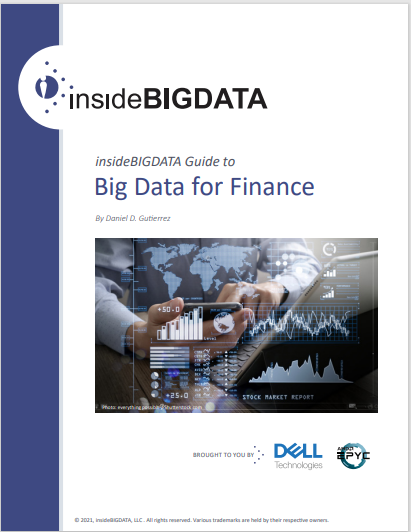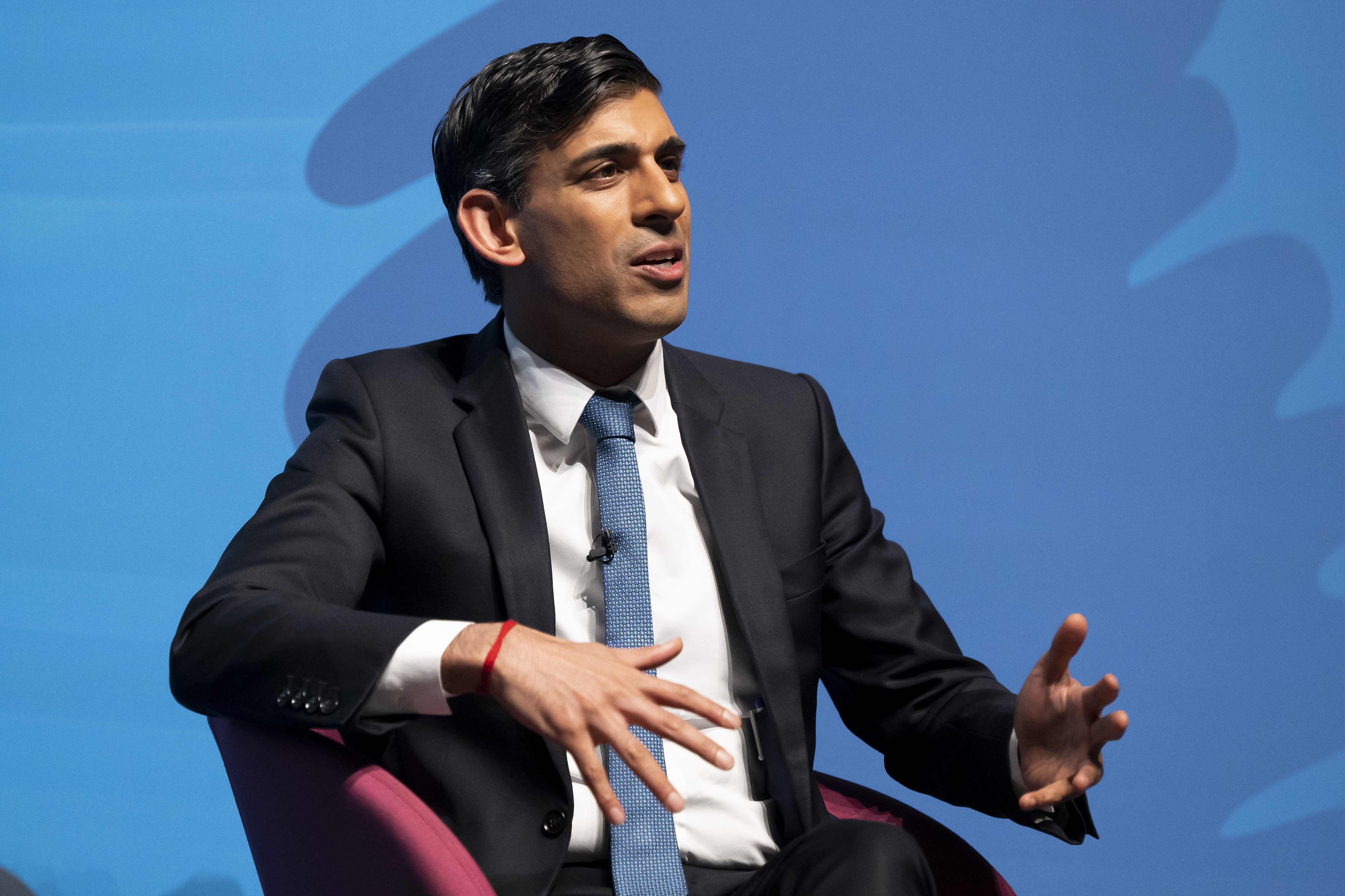US antitrust bill nearing law faces fierce tech opposition
AICO seeks to limit the extent to which tech platforms can self-promote, and has drawn tens of millions of dollars in opposition from some of the largest tech firms


A bipartisan US antitrust bill, which could soon be voted on in the Senate, has reportedly faced an expensive opposition campaign by tech giants.
One of several bills included in a wider antitrust proposal, the American Innovation and Choice Online Act (AICO) has been two years in the making and seeks to forbid tech giants from engaging in ‘self preferencing’, using platform data for unfair profitable advantage, and infringing upon the payment or pricing methodology of competitors.
RELATED RESOURCE

Bloomberg reports that Google, Apple, Amazon and Meta, alongside trade groups with which they are affiliated, have spent just under $95 million since 2021 to lobby against support for the bill, which they argue will limit their ability to run platforms effectively.
In a similar focus to the EU’s Digital Markets Act (DMA), the AICO would seek to prevent so-called ‘gatekeeper’ firms, those that run the largest online platforms home to many smaller competitors, from abusing their positions of power for financial gain. For example, Google’s promotion of Google Maps reviews when a customer searches for a restaurant or Amazon’s control over which products are listed highest will be put under scrutiny by the bill.
“It is really hard to take on these subjects when you have the biggest companies the world has ever known, that control an inordinate part of the economy, opposed to it,” Vox quotes senator Amy Klobuchar, the co-sponsor of the AICO, as having remarked.
In a blog post from January, Google’s president of global affairs Kent Walker argued that potential US legislation on this level would be damaging for customers and the tech sector:
“Antitrust law is about ensuring that companies are competing hard to build their best products for consumers.
Get the ITPro daily newsletter
Sign up today and you will receive a free copy of our Future Focus 2025 report - the leading guidance on AI, cybersecurity and other IT challenges as per 700+ senior executives
“But the vague and sweeping provisions of these bills would break popular products that help consumers and small businesses, only to benefit a handful of companies who brought their pleas to Washington.”
Those sponsoring the bill are confident that if voted on, it has the support necessary to clear the Senate. But it remains to be seen if the bill will be raised for a vote in the narrow window before the midterm elections in November, which are likely to change the voting balance within the senate.
If enacted, the AICO would give the Federal Trade Commission (FTC), along with the Department of Justice, the authority to sue companies that fail to comply, though what the penalty could look like has yet to be determined.
The bill comes to vote as many legislators around the world consider the power that many tech giants exert over their market. The EU has recently opened an investigation into Google’s dominance over the Play Store, which sees it charging high developer fees and limiting the extent to which apps can use alternative billing systems, while in the UK, the Competition and Markets Authority (CMA) has opened an investigation into whether Amazon’s platform gives its retail arm an unfair advantage over third-party sellers.
Despite individual reviews of monopolistic practice, however, the UK is not yet pursuing big tech regulation to the same degree as the EU is with the DMA. Set to come into effect in Spring 2023, this will greatly curb the extent to which tech giants can use platforms to unfairly push their services, as well as protect data from being used to damage the competitiveness of the market.
In particular, the act seeks to limit the powers of gatekeeper companies. Such firms that fail to comply with the rules will face fines of up to 10% of their worldwide turnover, or 20% on repeat offences.
Without lobbying power in Europe as in the US, there is little that Google or any other tech giant can do to halt the implementation of the DMA, and companies may be forced to change their worldwide practice as a result.

Rory Bathgate is Features and Multimedia Editor at ITPro, overseeing all in-depth content and case studies. He can also be found co-hosting the ITPro Podcast with Jane McCallion, swapping a keyboard for a microphone to discuss the latest learnings with thought leaders from across the tech sector.
In his free time, Rory enjoys photography, video editing, and good science fiction. After graduating from the University of Kent with a BA in English and American Literature, Rory undertook an MA in Eighteenth-Century Studies at King’s College London. He joined ITPro in 2022 as a graduate, following four years in student journalism. You can contact Rory at rory.bathgate@futurenet.com or on LinkedIn.
-
 Cleo attack victim list grows as Hertz confirms customer data stolen
Cleo attack victim list grows as Hertz confirms customer data stolenNews Hertz has confirmed it suffered a data breach as a result of the Cleo zero-day vulnerability in late 2024, with the car rental giant warning that customer data was stolen.
By Ross Kelly
-
 Lateral moves in tech: Why leaders should support employee mobility
Lateral moves in tech: Why leaders should support employee mobilityIn-depth Encouraging staff to switch roles can have long-term benefits for skills in the tech sector
By Keri Allan
-
 ‘Europe could do it, but it's chosen not to do it’: Eric Schmidt thinks EU regulation will stifle AI innovation – but Britain has a huge opportunity
‘Europe could do it, but it's chosen not to do it’: Eric Schmidt thinks EU regulation will stifle AI innovation – but Britain has a huge opportunityNews Former Google CEO Eric Schmidt believes EU AI regulation is hampering innovation in the region and placing enterprises at a disadvantage.
By Ross Kelly
-
 Governance, risk, and compliance is a major growth opportunity, but how will the market develop?
Governance, risk, and compliance is a major growth opportunity, but how will the market develop?Industry Insights As DORA, NIS2, and AI regulations shake up the compliance landscape, GRC could be a golden opportunity for the channel
By George Bonser
-
 A big enforcement deadline for the EU AI Act just passed – here's what you need to know
A big enforcement deadline for the EU AI Act just passed – here's what you need to knowNews The first set of compliance deadlines for the EU AI Act passed on the 2nd of February, and enterprises are urged to ramp up preparations for future deadlines.
By George Fitzmaurice
-
 UK financial services firms are scrambling to comply with DORA regulations
UK financial services firms are scrambling to comply with DORA regulationsNews Lack of prioritization and tight implementation schedules mean many aren’t compliant
By Emma Woollacott
-
 How IBM and Adobe craft personalization at scale
How IBM and Adobe craft personalization at scaleWhitepaper Combining the content supply chain, CX orchestration, and intelligent commerce for ideal personalization
By ITPro
-
 Bletchley Declaration draws cautious approval
Bletchley Declaration draws cautious approvalNews AI safety agreement garners international support, but some believe it needs more specificity
By Emma Woollacott
-
 Preparing for peak: How customers purchased during peak
Preparing for peak: How customers purchased during peakwhitepaper The online shopping trends that shaped the parcel delivery experience during the busiest time of the 2022 calendar
By ITPro
-
 How to empower employees to accelerate emissions reduction
How to empower employees to accelerate emissions reductionin depth With ICT accounting for as much as 3% of global carbon emissions, the same as aviation, the industry needs to increase emissions reduction
By Fleur Doidge